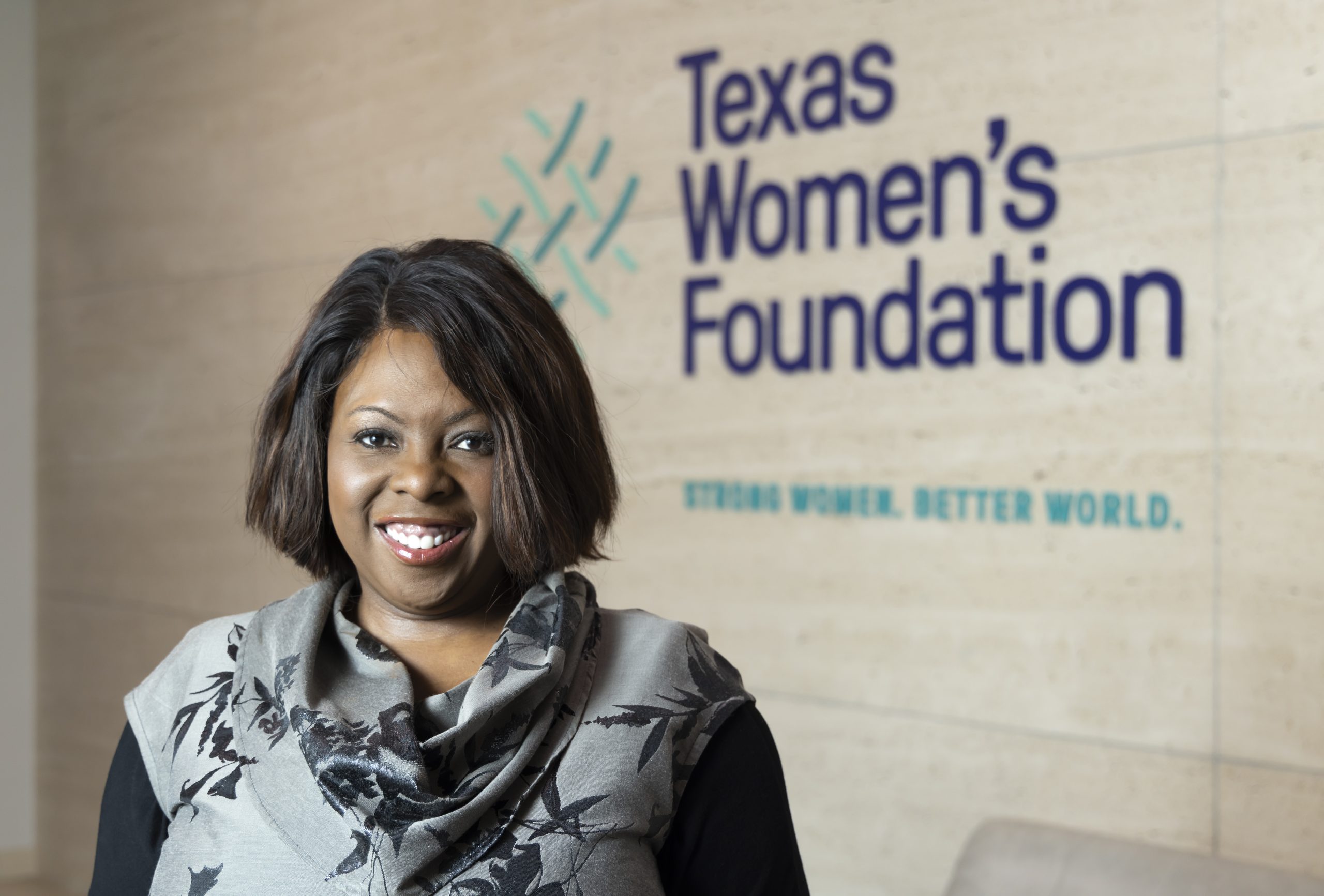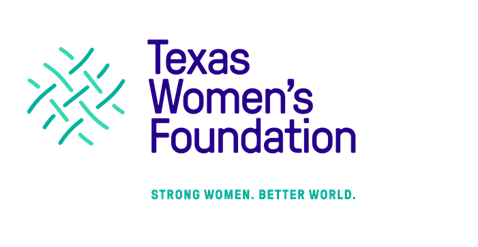Dallas Regional Chamber
March 18, 2022
Miki Woodard is a respected champion for equity, cultural diversity, and social justice. As President and CEO of Texas Women’s Foundation, she raises funds for statewide research, advocacy, and grantmaking to unlock economic and leadership opportunities for Texas women and girls.

Woodward, a DRC Board of Directors member, talks career and the biggest challenges facing women in the DRC’s on-going Q&A series for Women’s History Month.
What female figures have had the biggest influence on your life?
The women in my family started going to college in 1890. It’s hard to fathom the courage necessary for that sacrifice at that time, which changed the trajectory for all of us. The women in my family have been extraordinary role models who have made bold choices, led full lives, and balanced more than I can comprehend, but they always prioritized faith and family. The way we love and care for each other is a lot of “my why.”
Outside of my family, there are so many other women who have hired me, mentored me, and whose work has educated or inspired me. I couldn’t name just one, but I will say that Zora Neale Hurston wrote my favorite book, so she is high on my list.
What are the biggest challenges facing women today, and what can employers do to help their female leaders excel professionally?
Access and now our new reality as we begin to “return to work” during this stage of the pandemic. Employers need to think about all the roles that women should have. There are a lot of important pipeline programs, but the work doesn’t stop there. There should be intentionality and focus to hire and compensate women equitably across all levels of the organization. Also, how are women going to advance and be exposed to leadership in our new hybrid reality? How will they be welcomed into the organization and culture in ways that set them up to flourish from their first day?
These past two years have been extremely difficult for women who find themselves trying to juggle work, family, parents, and other obligations in very different ways. Employers need to think candidly about what women need to flourish. What are the innovative programs and ways to think about “how” we work instead of just “what” we do?
What is the one piece of advice you wish you received before you started your career?
Luckily, I was still early in my career when I learned about the importance of developing and staying connected with your network. It takes a lot of intentionality, but for my career journey, it’s been critical. My last job was a connection I made in one of my first jobs – over 20 years ago. It takes time to listen, care, send notes, and find time for short calls. I share this advice with others I mentor as it has been a significant differentiator for me.
If you could write your autobiography, what would its title be, and why?
It would be “Not Bad for a Country Girl.” Ironically, that is a play on a title my mom and I have always thought would work well for a biography about my dad Thurmond Woodard. My dad grew up on a farm in Ocala, Fla., and it’s my favorite place. My extended family is still there, and it’s where I feel most whole. My roots propel me. I hope that I carry that faith, courage, wisdom, resilience, and commitment into every space I am welcomed into.
